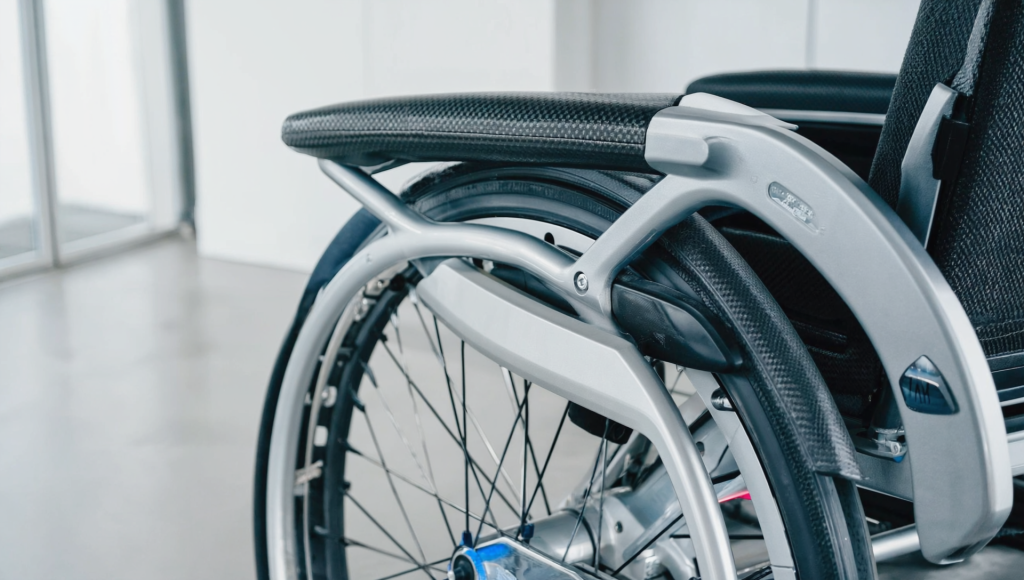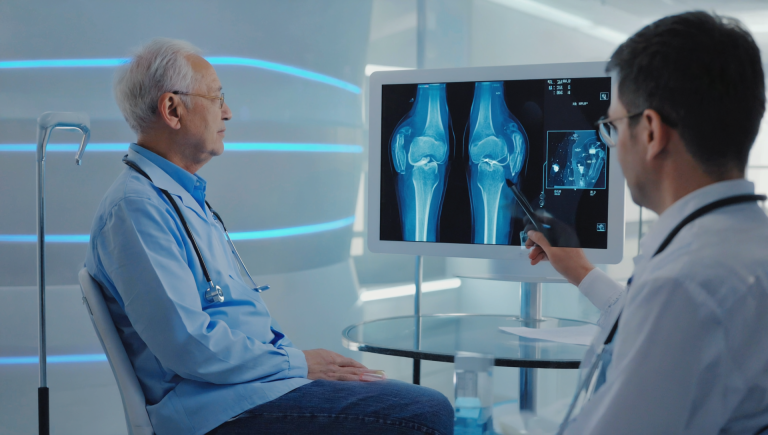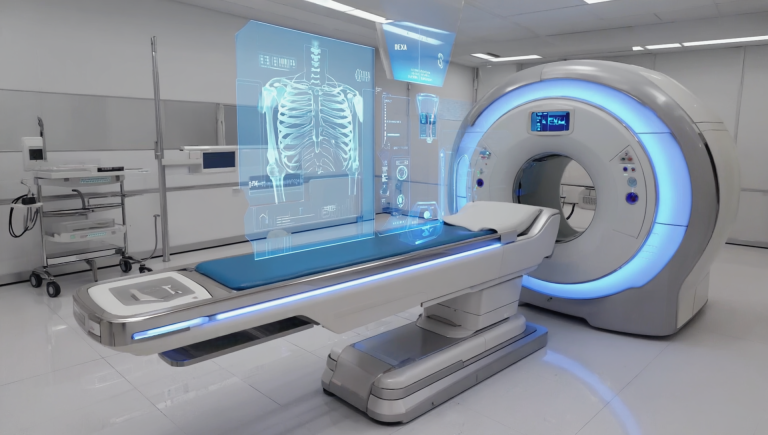Explore the Benefits of Electric Lightweight Folding Wheelchairs

In today’s fast-paced world, mobility and independence are essential for maintaining a high quality of life. For individuals with limited mobility, electric lightweight folding wheelchairs offer a versatile solution that combines modern technology with ease of use. These advanced wheelchairs are designed to be portable, user-friendly, and efficient, making them an ideal option for both indoor and outdoor environments. This article provides an in-depth look at electric lightweight folding wheelchairs, examining their technological features, benefits, design innovations, and the impact they have on user independence and overall well-being.
As healthcare needs evolve and the demand for accessible mobility solutions increases, these wheelchairs are rapidly gaining popularity. They are not only engineered for performance but are also focused on enhancing user comfort and safety. With a growing emphasis on sustainable and cost-effective transportation options for people with disabilities, electric lightweight folding wheelchairs stand out as a modern solution that meets both practical and lifestyle needs.
Technological Innovations and Overview
Electric lightweight folding wheelchairs are at the forefront of mobility technology. Built with state-of-the-art electric motors and high-capacity batteries, these wheelchairs offer a smooth and responsive ride. Their lightweight design is achieved through the use of advanced materials such as aluminum alloys and carbon fiber, which ensure durability while keeping the overall weight to a minimum. This design philosophy allows users to easily transport the wheelchair in personal vehicles or store it in compact spaces.
The folding mechanism is a key innovation in these wheelchairs. It is engineered to be simple and secure, enabling users to collapse the chair into a compact form with minimal effort. Many models now incorporate digital displays that provide real-time feedback on battery status, speed, and distance traveled. Additionally, modern control systems, often featuring joystick interfaces or touch-sensitive panels, allow for precise maneuverability even in crowded or challenging environments.
Safety features are also integral to these devices. Sensors and automatic braking systems are integrated to prevent collisions and ensure a safe ride. The combination of these technological advancements makes electric lightweight folding wheelchairs a highly practical choice for individuals seeking both convenience and reliability.
Benefits for Users and Enhanced Mobility
One of the primary advantages of electric lightweight folding wheelchairs is the significant boost in mobility and independence they provide. Users can navigate through tight spaces, uneven terrains, and busy urban settings with ease. The electric propulsion system reduces the physical effort required for movement, making it possible for users to travel longer distances without fatigue.
Moreover, the portability of these wheelchairs is a game-changer. Their compact folding design means that they can be easily taken on public transportation, stored at home, or even carried into a building’s lobby. This versatility not only enhances the freedom of movement but also opens up a wider range of opportunities for social engagement, work, and recreation. By offering an accessible solution that integrates seamlessly into daily life, these wheelchairs contribute to improved mental well-being and a greater sense of independence.
The convenience provided by electric lightweight folding wheelchairs also extends to caregivers and family members. With reduced physical strain during transportation and easier storage options, the overall management of mobility becomes more efficient. This helps to foster a supportive environment that emphasizes dignity and self-reliance for individuals with mobility challenges.
Design and Innovation: A Blend of Form and Function
The design of electric lightweight folding wheelchairs has evolved significantly in recent years. Engineers and designers have focused on creating products that are not only functional but also aesthetically pleasing. The sleek, modern lines of these wheelchairs contribute to a contemporary look that appeals to a diverse user base. Attention to ergonomics ensures that the seating, armrests, and footrests are optimized for comfort during extended periods of use.
Innovations in design include adjustable seating positions, customizable color schemes, and intuitive control panels that enhance user experience. The integration of smart technology allows for personalized settings that can be adjusted based on user preference, ensuring optimal support and comfort. The overall design philosophy prioritizes both the visual appeal and the practical aspects of the wheelchair, ensuring that it meets the needs of users while also representing a modern solution in mobility aids.
Furthermore, these wheelchairs are designed with maintenance in mind. The use of modular components and durable materials means that repairs and upgrades can be performed easily, extending the lifespan of the device. This thoughtful approach to design not only benefits the end user but also contributes to a more sustainable and cost-effective product lifecycle.
User Experience and Accessibility
User experience is at the heart of the development process for electric lightweight folding wheelchairs. Real-world feedback from users has driven many of the recent improvements in comfort, control, and overall functionality. The intuitive controls and responsive handling make these wheelchairs accessible even to those who may not be technologically savvy.
In addition, accessibility features such as adjustable speed settings, smooth acceleration, and responsive braking systems ensure that users can tailor their experience to match their specific mobility needs. The focus on accessibility extends to the design of the folding mechanism, which is engineered to be simple enough for users with limited strength or dexterity. This user-centric approach ensures that the wheelchair is not only effective in improving mobility but also enhances the overall quality of life for its users.
For many individuals, the freedom to move independently has a profound impact on emotional well-being. By reducing reliance on caregivers and offering a sense of autonomy, electric lightweight folding wheelchairs empower users to engage more fully in social, professional, and recreational activities. This empowerment is a critical factor in improving the mental and emotional health of individuals with mobility challenges.
Economic and Environmental Impact
The adoption of electric lightweight folding wheelchairs is not only beneficial for individual users but also has a broader economic and environmental impact. From an economic perspective, these wheelchairs are designed to be cost-effective, reducing the long-term expenses associated with mobility aids. Their durability and ease of maintenance mean that they offer a reliable solution over many years, minimizing the need for frequent replacements.
Environmentally, the shift towards electric-powered mobility aids aligns with global efforts to reduce carbon emissions. As more individuals adopt electric wheelchairs, the reliance on fossil fuels and the associated environmental footprint are reduced. This is particularly important in urban settings where air quality and sustainable transportation are major concerns. The lightweight design also contributes to energy efficiency, ensuring that the battery life is maximized and the overall power consumption is minimized.
Additionally, the modular and upgradeable nature of these wheelchairs promotes a more sustainable approach to product design, reducing waste and encoura





